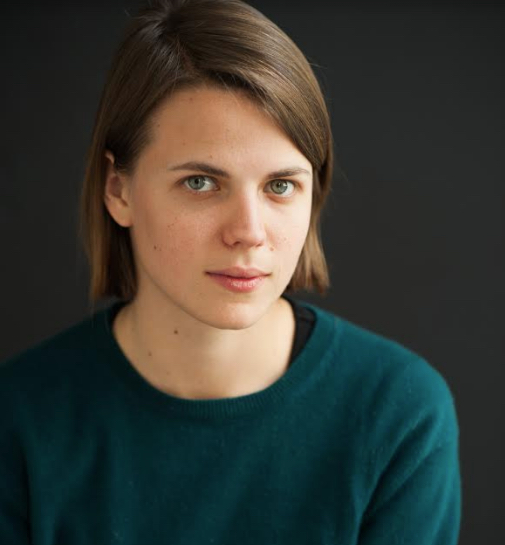Q&A with Crown Heights-based playwright Sarah DeLappe
New Play ‘The Wolves’ About Teenage Girls’ Soccer Team at The Duke on 42nd Street

In her seminal 1982 book “In a Different Voice” (often referred to as “the little book that started a revolution”), Professor Carol Gilligan of Harvard writes that when she asked young women “[H]ow would you describe yourself?” she discovered that “women define who they are by describing relationships.” She goes on to write, “Justice is ultimate moral maturity for adolescents (usually male) who see themselves as autonomous. Care is the ultimate responsibility of adolescents (usually female) who see themselves as linked to others.”
Twelve years later, Dr. Mary Pipher, in her book “Reviving Ophelia,” argued that “[S]omething dramatic happens to girls in early adolescence. Just as planes and ships disappear mysteriously into the Bermuda triangle, so do the selves of girls go down in droves. They crash and burn.” Pipher cites many case studies from her own experience as a psychologist, including one about “Cayenne,” 15, who goes from being an athletic, self-assured child to a self-conscious adolescent.
It is not because I was a gender studies major that I read these books. I read them because starting in the 80s in Santa Monica, and continuing through the present in New York, I have been coaching female soccer teams, primarily teenagers. In the late ’90s, the mother of one of the most talented players on a travel team lamented that her 17-year-old daughter had told her that she no longer wanted to play soccer. When I expressed surprise, the mother recommended that I read the Gilligan and Pipher books. So I added them to a reading list that, until then, had included more prosaic titles such as Simon Whitehead’s “The Complete Book of Coaching Youth Soccer” and Michael Sokolove’s “Warrior Girls: Protecting Our Daughters Against the Injury Epidemic in Women’s Sports.”

Brooklyn Boro
View MoreNew York City’s most populous borough, Brooklyn, is home to nearly 2.6 million residents. If Brooklyn were an independent city it would be the fourth largest city in the United States. While Brooklyn has become the epitome of ‘cool and hip’ in recent years, for those that were born here, raised families here and improved communities over the years, Brooklyn has never been ‘uncool’.